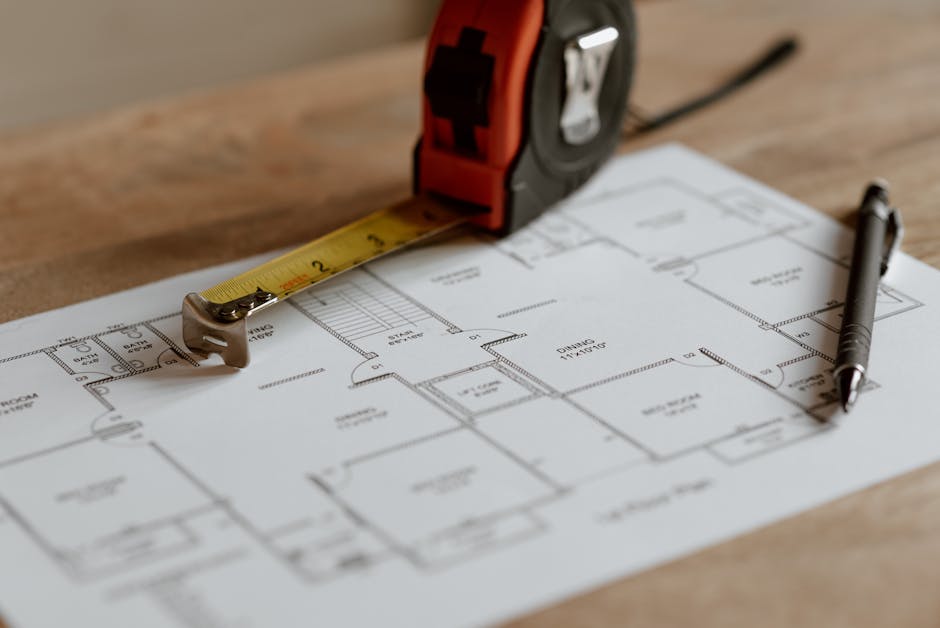Understanding Residential Development Projects
New investors often wonder what residential development projects entail. A residential development project involves constructing new residential buildings or renovating existing ones. These projects can range from single-family homes to large apartment complexes. Understanding residential development projects is crucial for first-time investors to make informed decisions and maximize their investment potential.
Benefits of Investing in Residential Development
Investing in residential development can offer potential benefits such as long-term gains, diversifying your investment portfolio, and the opportunity to customize properties to meet market demands and trends. These investments have the potential to provide steady income through rental properties and can be a secure way to grow wealth over time.
Risks Associated with Residential Development Investments
Investing in residential development projects comes with some risks that you, as a first-time investor, should be aware of. Here are some common risks to consider:
- Market Fluctuations: Changes in the real estate market can impact the success of your investment.
- Regulatory Changes: New regulations or laws can affect your project’s timeline and costs.
- Construction Delays: Unexpected delays in the construction process can lead to increased expenses and potential setbacks.
- Financing Challenges: Securing financing for your project can be difficult, especially if you are new to the industry.
- Unforeseen Costs: Hidden expenses can arise during the development process, impacting your overall budget.
Being aware of these risks and planning accordingly can help you navigate residential development investments more effectively.
Market Research and Analysis for First-Time Investors
Market research and analysis are crucial steps for first-time investors in residential development projects. Conducting thorough research helps you understand the current market trends and demands. Here’s what you need to know about market research and analysis:
- Start by identifying the location where you plan to invest and analyze the recent property sales in that area.
- Look into the demographic and economic factors that can influence the demand for residential properties in the chosen location.
- Analyze the competition in the market to determine the strengths and weaknesses of existing residential developments.
- Consider factors like population growth, employment opportunities, and infrastructure developments that can impact the value of your investment.
- Utilize online resources, industry reports, and local real estate agents to gather accurate data for your market analysis.
By conducting in-depth market research and analysis, you can make informed decisions and increase the success of your residential development investment.
Financial Planning and Budgeting
When embarking on a residential development project, proper financial planning and budgeting are crucial. Here are a few key points to keep in mind:
- Create a detailed budget: Lay out all potential expenses including land acquisition, construction costs, permits, and unforeseen expenses.
- Consider financing options: Explore loans, partnerships, or investors to ensure you have the necessary funds for the project.
- Account for contingencies: Set aside a portion of your budget for unexpected costs that may arise during the development process.
- Monitor expenses: Keep track of your spending throughout the project to ensure you stay within budget.
- Consult with financial experts: Consider seeking guidance from financial advisors or accountants to help you make informed financial decisions for your project.
Securing Financing for Residential Development Projects
When it comes to securing financing for your residential development projects, it’s essential to have a solid plan in place. You’ll typically need to provide a down payment, show a good credit history, and demonstrate your ability to repay the loan. Some common financing options for residential development projects include traditional bank loans, private lenders, and government-backed loans. Make sure to compare interest rates, terms, and fees from different lenders to find the best option for your project. Remember, securing financing is a crucial step in turning your residential development vision into a successful reality.
Finding the Right Location and Property
Research shows that choosing the right location is crucial in property investment. Look for areas poised for growth and development to secure a profitable investment. Consider factors like proximity to amenities, public transportation, and the neighborhood’s overall appeal. Scope out properties that align with your investment goals, whether it’s rental income or long-term appreciation. Make sure to conduct thorough market research and seek expert advice to make an informed decision.
Working with Contractors and Project Management
When working on residential development projects, it’s crucial to establish a good working relationship with your contractors. Clear communication is key to ensuring the project runs smoothly and stays on track. Here are some essential tips to help you effectively work with contractors and manage your project:
- Set clear expectations from the beginning. Make sure all parties understand the scope of work, deadlines, and budget constraints.
- Regularly communicate with your contractors to address any issues or changes that may arise during the project.
- Stay organized by keeping detailed records of all communications, contracts, and project plans.
- Monitor progress closely to ensure work is being completed on time and according to specifications.
- Address any issues promptly to prevent them from escalating and causing delays in the project timeline.
- Maintain a positive and professional relationship with your contractors. Respect goes a long way in fostering a successful collaboration.
Permits, Regulations, and Compliance
When starting a residential development project, it’s crucial to understand the permits, regulations, and compliance requirements. Before beginning any construction work, obtain the necessary permits from the local authorities and ensure that your project complies with all zoning regulations. Failure to adhere to these regulations can result in fines and delays, so it’s essential to research and understand the specific requirements for your area. By following the proper permitting and compliance procedures, you can ensure a smooth and successful development project.
Evaluating Success and Next Steps
To evaluate the success of your residential development project, analyze if it met your initial goals and objectives. This includes assessing if the project was completed within the set budget and timeline. Determine if the property’s value has increased and if it attracts tenants or buyers. Reflect on any challenges faced and how they were addressed. When deciding on the next steps, consider if you want to pursue similar projects or explore new opportunities. Research the market trends and seek advice from experienced investors or real estate professionals to make informed decisions.



